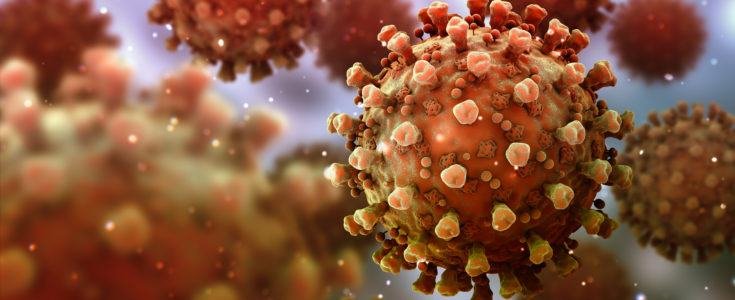
Ivy Blog
The Impact of COVID-19 on Brain Tumor Research
- April 6, 2020
- Ivy Center
- Posted in Glioblastoma

As hospitals across the country postpone elective procedures to increase the capacity for COVID-19 patients, there is understandably a lot of uncertainty among the brain tumor community. In an effort to provide some clarity, we’re answering some of the most common questions regarding the impact on brain tumor research and clinical trials.
How does coronavirus relate to brain tumor clinical trials?
The coronavirus is an infection, so any infection poses a risk to brain tumor patients and the trials they are in. All brain tumor patients are immune-suppressed, even if they are not on steroids, so they are at particular risk and this makes it harder to complete clinical trials effectively.
How is COVID-19 affecting clinical research at the Ivy Brain Tumor Center?
As a nonprofit, grant-supported initiative, we are uniquely capable of continuing and even expanding, our mission of discovering new therapies for brain tumor patients during this difficult time.
Our clinical responsibilities do not diminish in the setting of a pandemic and our focus remains trained on keeping the Ivy Center open for our brain tumor patients. In particular, the dedication of our neurosurgeons, neuro-oncologists, neuroscientists, and clinical and research nurses enables us to continue Phase 0 trial accrual.
What is the Ivy Center doing to protect patients receiving treatment?
Patient safety is our number one priority, therefore, in addition to the general hospital safety measures, we have taken the following additional measures:
- Our research nurses are conducting archival tissue consents via phone or video conference
- All patients receive a call before an in-person visit to screen for COVID-19 symptoms
- Study assessments are now being done in a single outpatient area
How do COVID-19 clinical trials compare to those designed for brain tumors?
A virus is a not a living thing, like a brain tumor cell. It is far less complex, but much more efficient and ruthless. Generating a vaccine for viruses is a known process, as we already have functional vaccines for other viruses (like the flu). That being said, not all vaccines provide 100% security. Efforts to generate tumor vaccines are not very comparable since viral vaccines are designed to prevent a patient from getting the virus, and tumor vaccines are designed to improve the patient’s immune response to the brain tumor that he/she already has. Ivy Phase 0 clinical trials, like current efforts for the coronavirus vaccines, are designed to quickly identify promising strategies that can be accelerated for rapid clinical development.
What additional precautions should a brain tumor patient be taking in response to the coronavirus outbreak?
The coronavirus is extremely dangerous for brain tumor patients because their bodies have limited ability to fight the infection. Therefore, they should be following the CDC’s guidelines for protecting themselves from getting sick, including quarantining at home with their caregivers.
